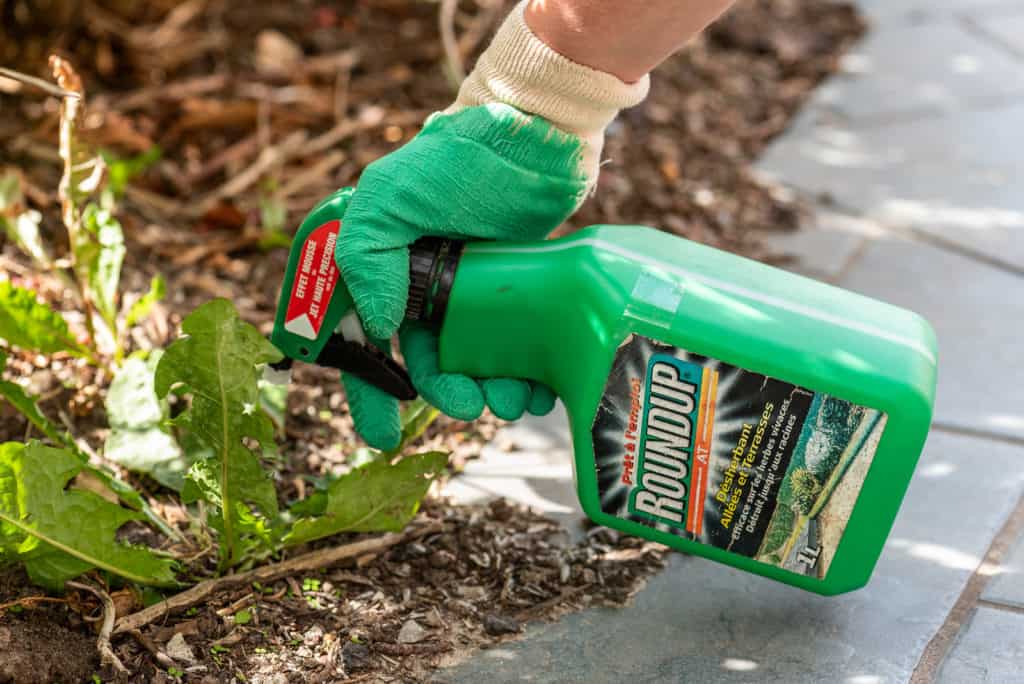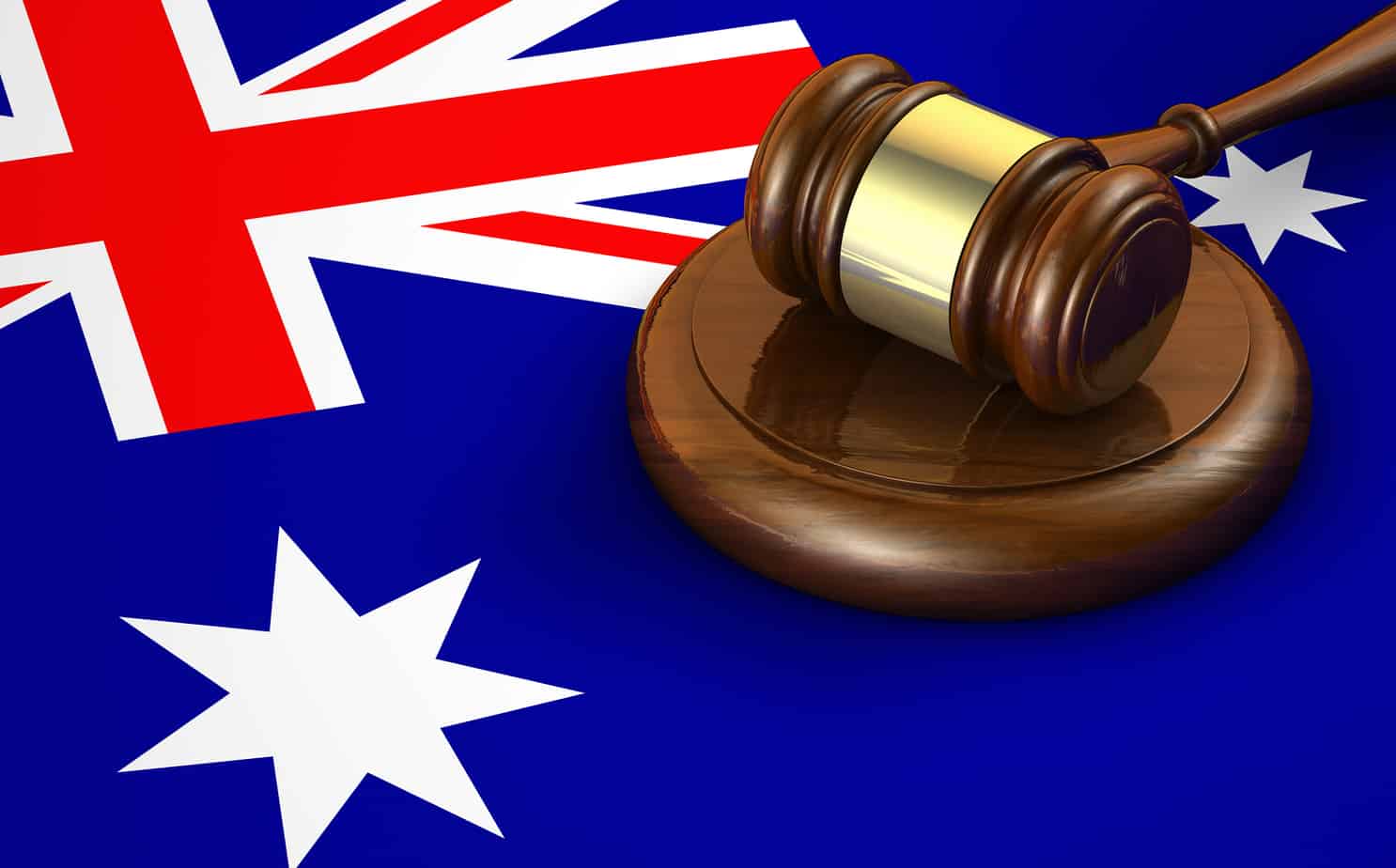As Monsanto, owned by Bayer, faces thousands of lawsuits claiming glyphosate causes cancer, Germany is making plans to ban the active ingredient in its Roundup weedkiller.
The German government is planning to phase out herbicides containing glyphosate by 75% by 2023. The weedkiller has already been banned in Austria.
In a statement, Bayer’s head of the Crop and Science Division said, “The ruling ignores decades of scientific judgment from independent regulatory agencies around the world that glyphosate is safe when used properly.”
Svenja Schulze, Germany’s environment minister, said the move was necessary in order to protect biodiversity.
“A world without insects is not worth living in,” said Schulze.
Glyphosate use has been linked to a decline in pollinating insect species, including bees and butterflies.
In the first phase of the ban, glyphosate will no longer be used in city parks or private gardens. Insecticide and herbicide use will also be banned or restricted in more species-rich areas, such as orchard meadows and grasslands.
In February, 1.75 million people in Bavaria voted to “save the bees” in a referendum. The referendum called for more green spaces and organic farming with less chemical use.
In 2017, the European Parliament approved a non-binding resolution to prohibit the chemical’s use by 2022.
Glyphosate was developed by Monsanto as their main ingredient in the Roundup weedkiller. Bayer purchased Monsanto for $63 billion in 2018. Glyphosate is no longer under patent, and is used by dozens of other manufacturers around the world.
The ban in Germany is another blow to Bayer, which is facing more than 18,000 lawsuits claiming that long-term use of glyphosate causes cancer. In the first three Roundup cases that went to trial, all in California, plaintiffs were awarded more than $2 billion by juries. Those awards have been significantly reduced by judges. Bayer plans to further appeal these cases.



